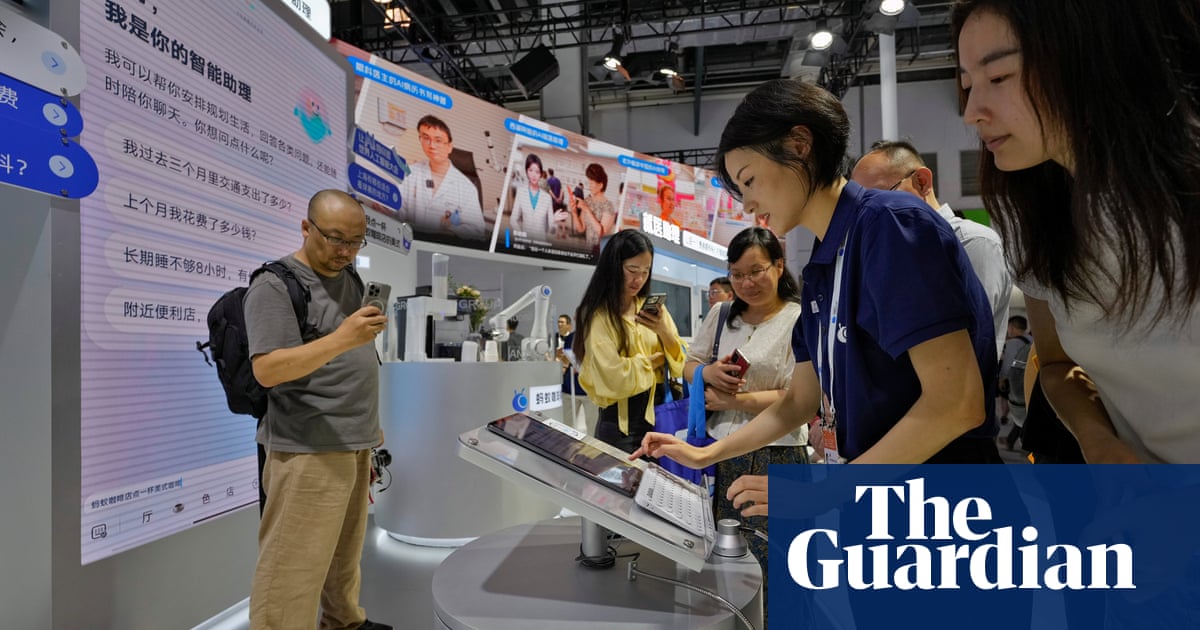The OpenAI move has “caused significant concern within China’s AI community” said Xiaohu Zhu, the founder of the Shanghai-based Centre for Safe AGI, which promotes AI safety, not least because “the decision raises questions about equitable access to AI technologies globally”.
OpenAI always was banned in China, where was this significant concern when the CCP banned it?
I guess, because some have been more equal than others.
Or used VPNs to get to it, but then OpenAI pulled its international versions.
This seems like an odd move. Let China pay money to use ClosedAI hallucinations instead of using the money to develop their own hallucinations that the US has no insight into.
There’s no technology transfer if they just using the hallucination outputs, it’s just free money for trash.
You think they’re not doing both?
Yes, but it’s harder to fight such a large incumbent when all the money is just going to the incumbent
This is the best summary I could come up with:
At the World AI Conference in Shanghai last week, one of China’s leading artificial intelligence companies, SenseTime, unveiled its latest model, SenseNova 5.5.
The model showed off its ability to identify and describe a stuffed toy puppy (wearing a SenseTime cap), offered feedback on a drawing of a rabbit, and instantly read and summarised a page of text.
ChatGPT is already blocked in China by the government’s firewall, but until this week developers could use virtual private networks to access OpenAI’s tools in order to fine-tune their own generative AI applications and benchmark their own research.
“OpenAI’s departure is a short-term shock to the China market, but it may provide a long-term opportunity for Chinese domestic LLM models to be put to the real test,” said Ma.
Pan Helin, a digital economy researcher at Zhejiang University who sits on a government technology committee, described the development as “a good thing for China’s large-scale model independence and self-reliance”, according to Chinese media.
The online video giant Kuaishou recently had to restrict the number of people who could access its new text-to-video AI model, Kling, because of a lack of computing capacity caused by a shortage of chips, according to a report in The Information.
The original article contains 775 words, the summary contains 203 words. Saved 74%. I’m a bot and I’m open source!



